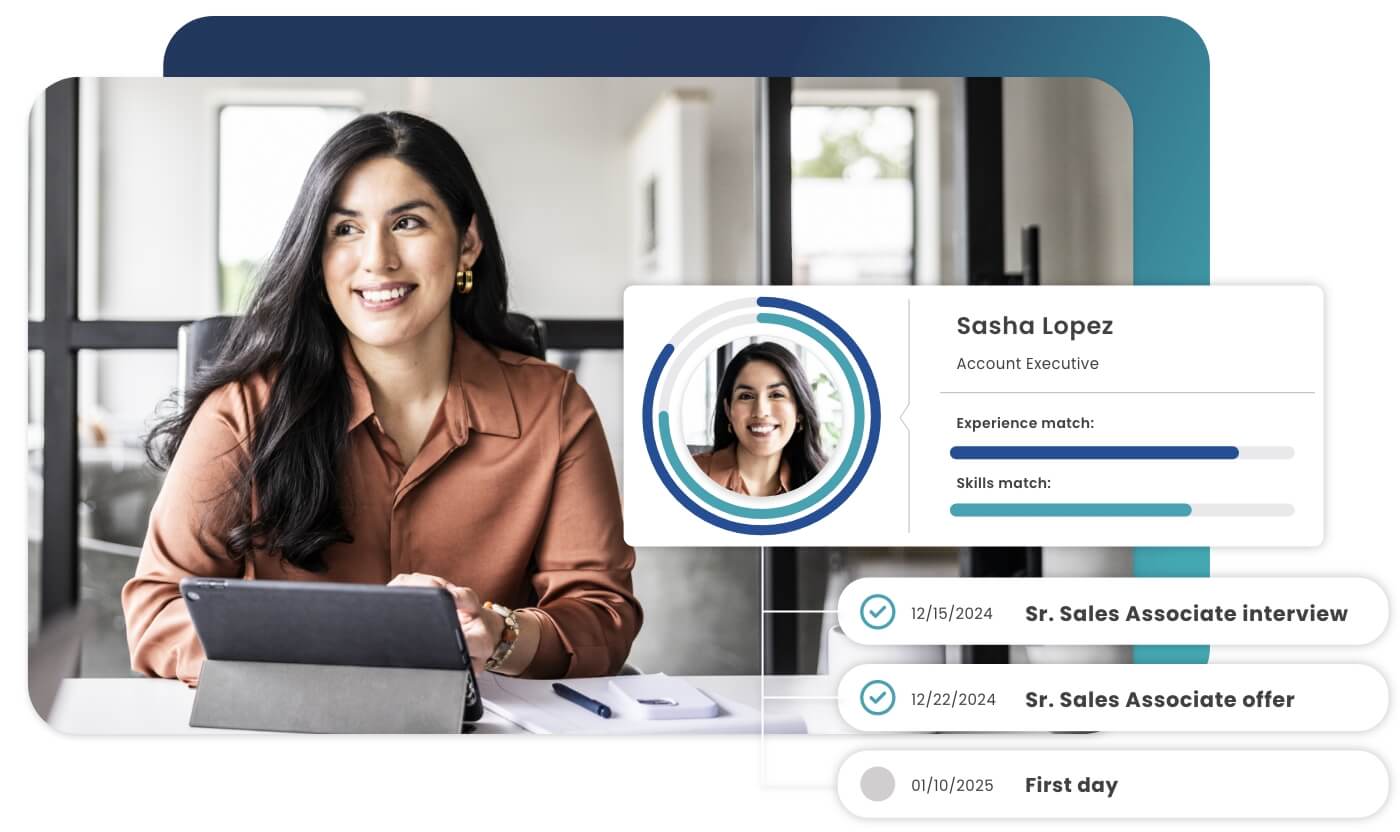

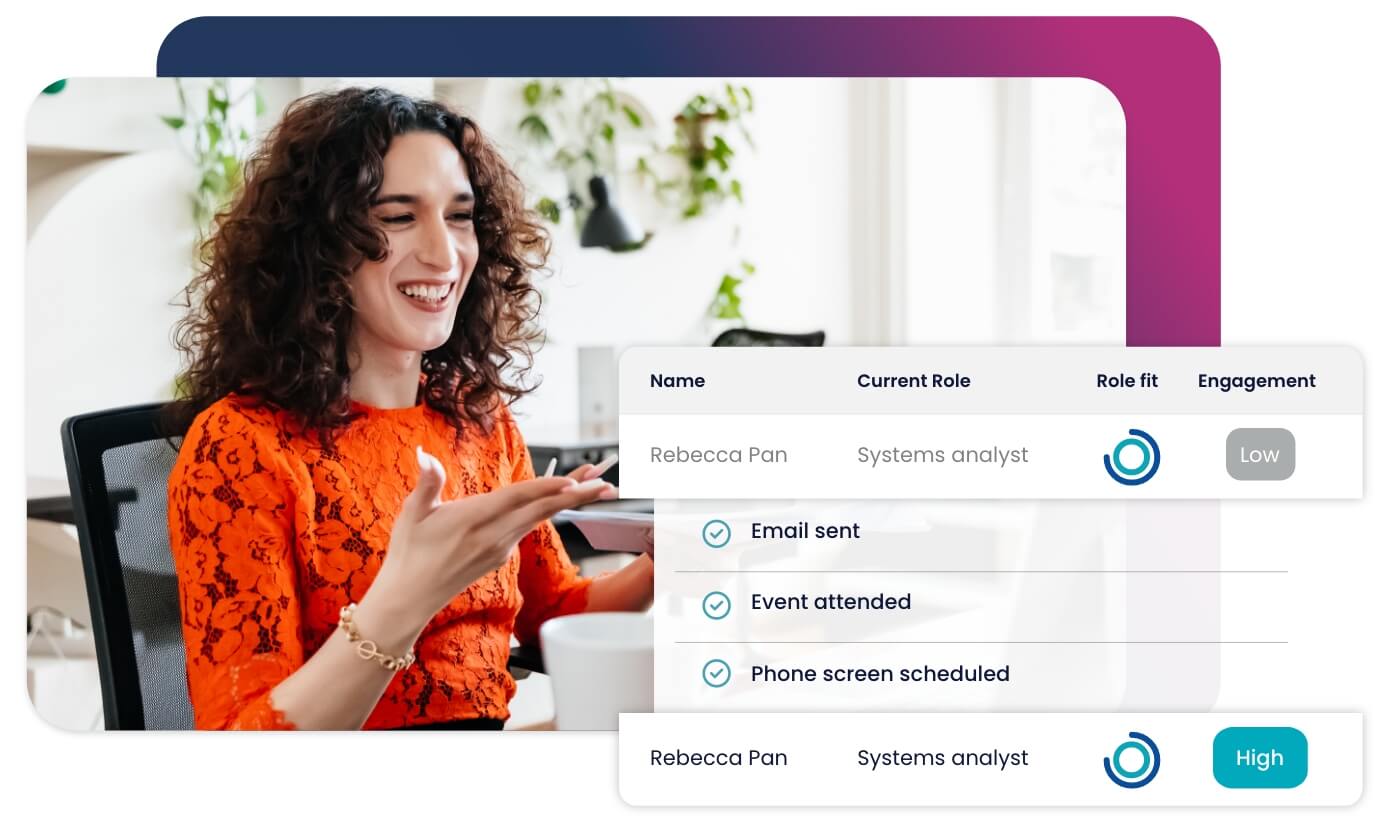
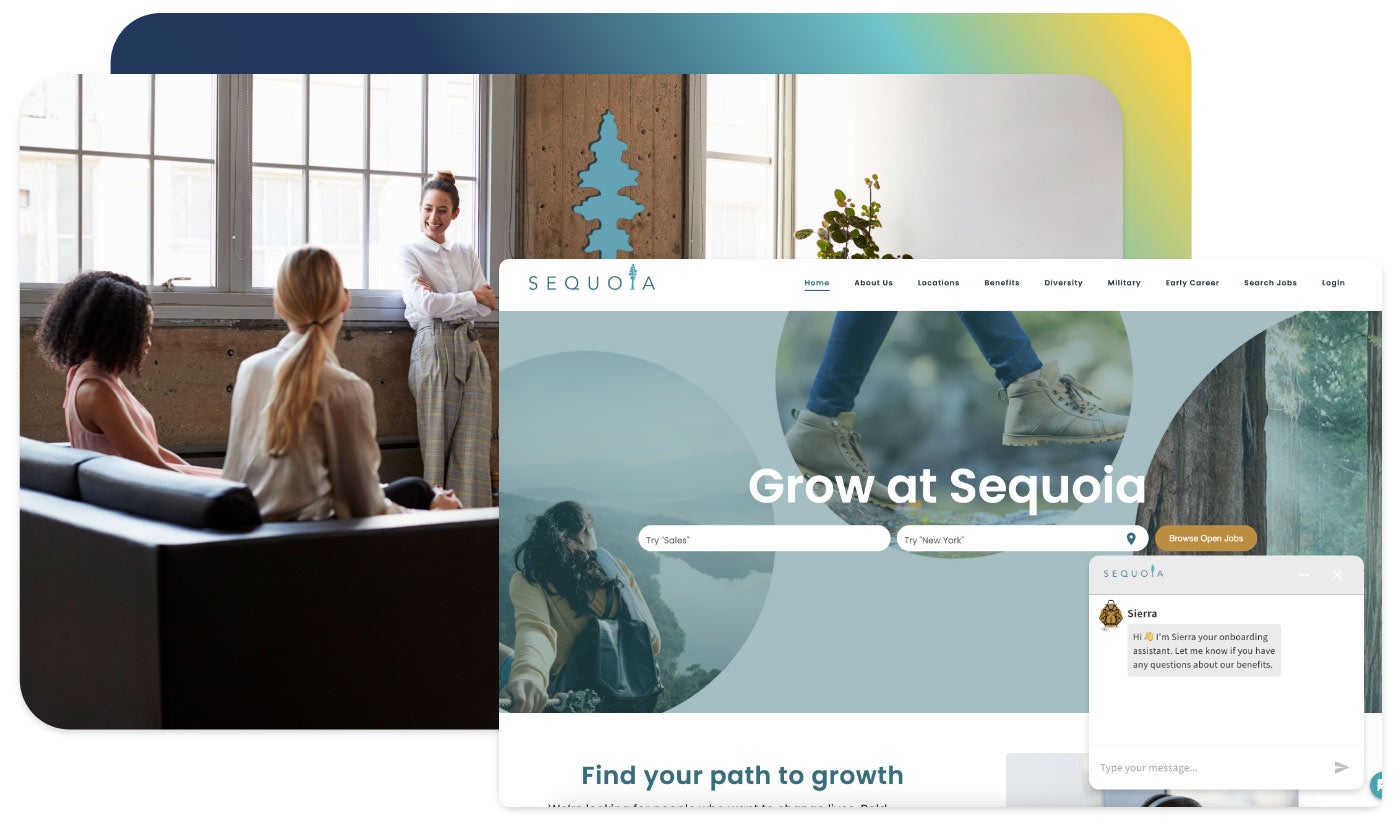


Accelerate hiring key talent to deliver care and exceed patient satisfaction.

Attract skilled candidates, speed up hiring and grow expertise in your workforce.

Simplify recruiting finance and banking talent with a platform for hard-to-fill roles.


Build a talent pipeline that engages and drives your business forward.


See how diverse and global enterprises use iCIMS to employ millions, drive innovation and connect communities worldwide.

Learn how a beloved restaurant hires 40,000+ annually with a great candidate experience.
Uncover unique market insights, explore best practices and gain access to talent experts across our library of content.

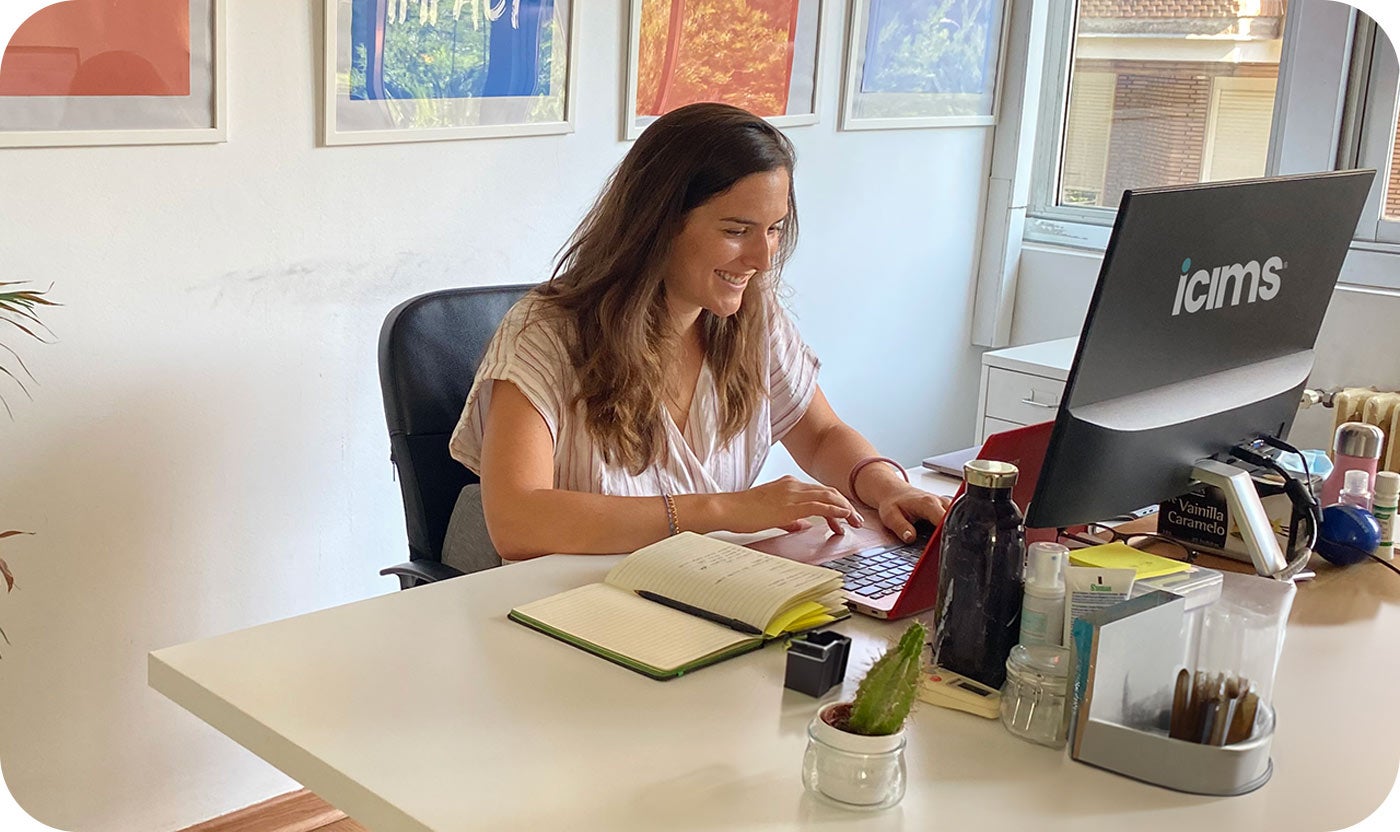
View press releases, media coverage, the latest hiring data and see what analysts are saying about iCIMS.

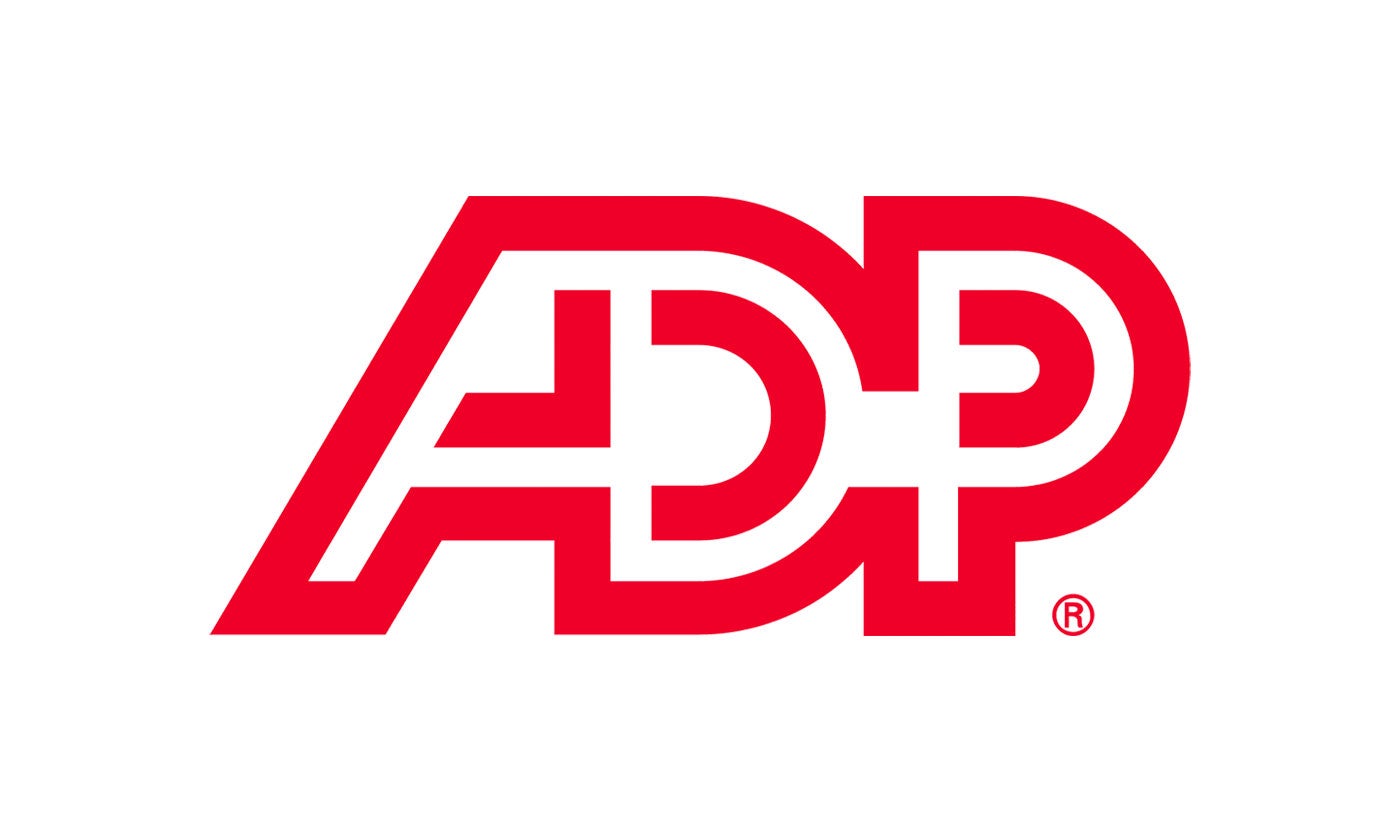
Streamline your tech stack and take advantage of a better user experience and stronger data governance with ADP and iCIMS.
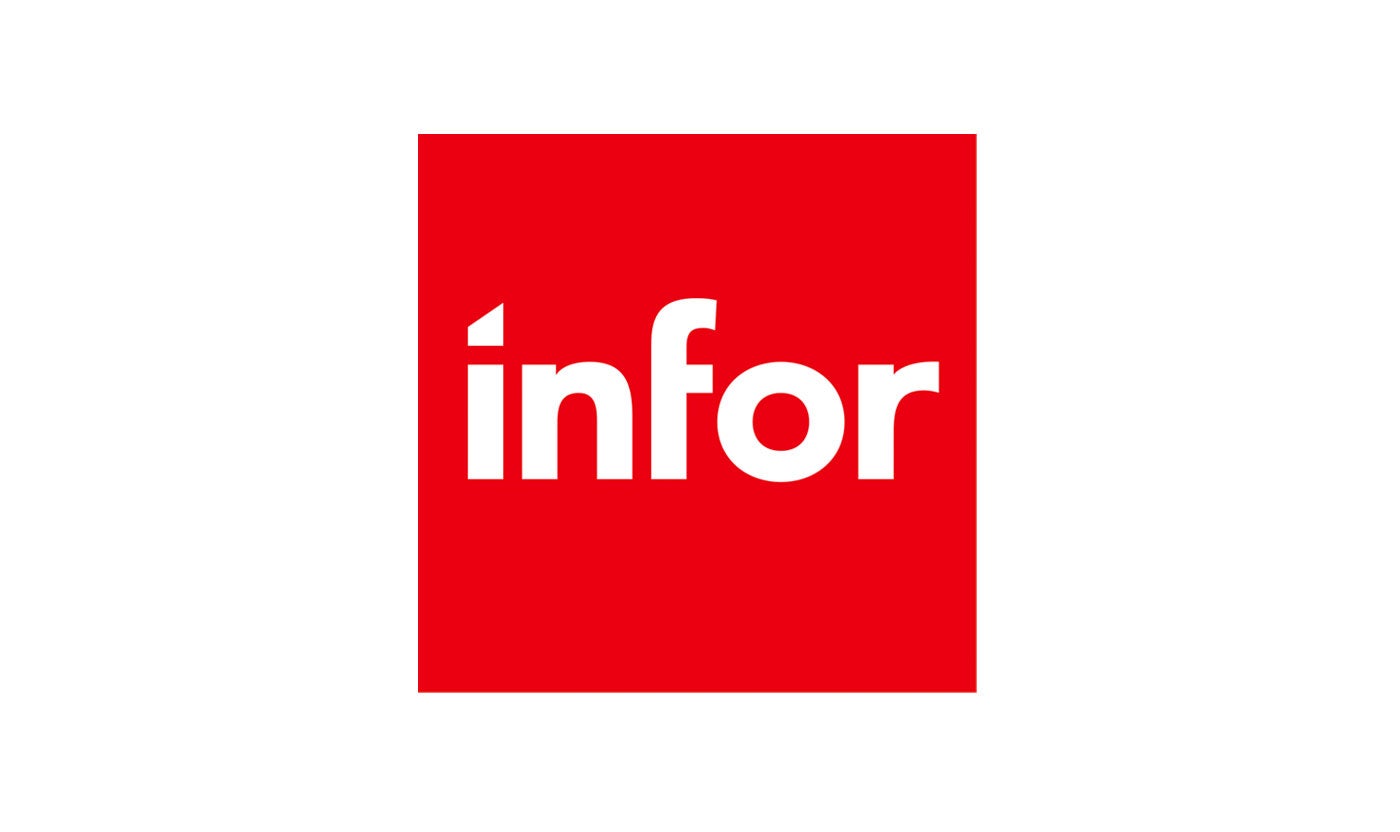
The combined power of iCIMS and Infor helps organizations strategically align their business and talent objectives.
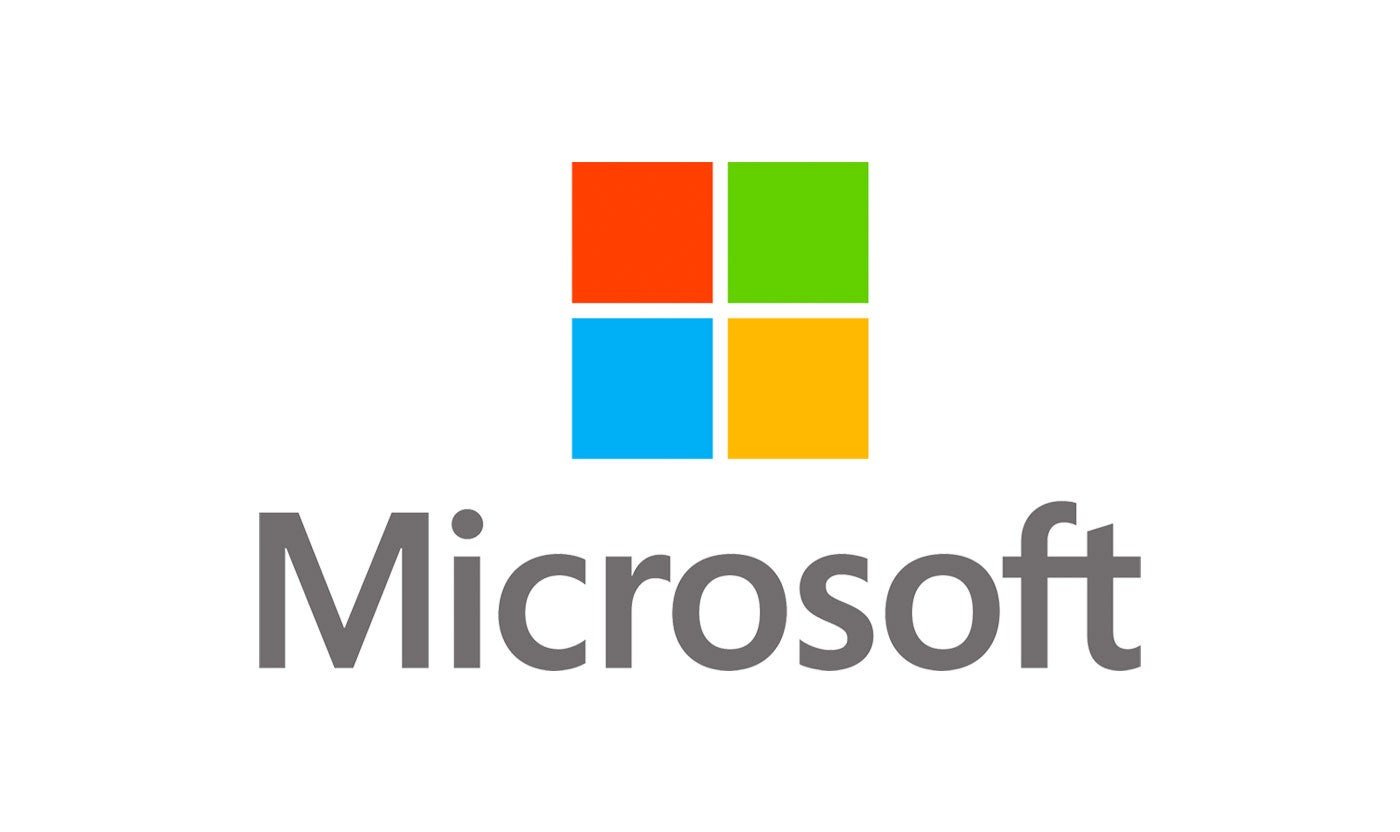
Our award-winning partnership with Microsoft is grounded in a shared desire to transform the workplace and the hiring team experience.
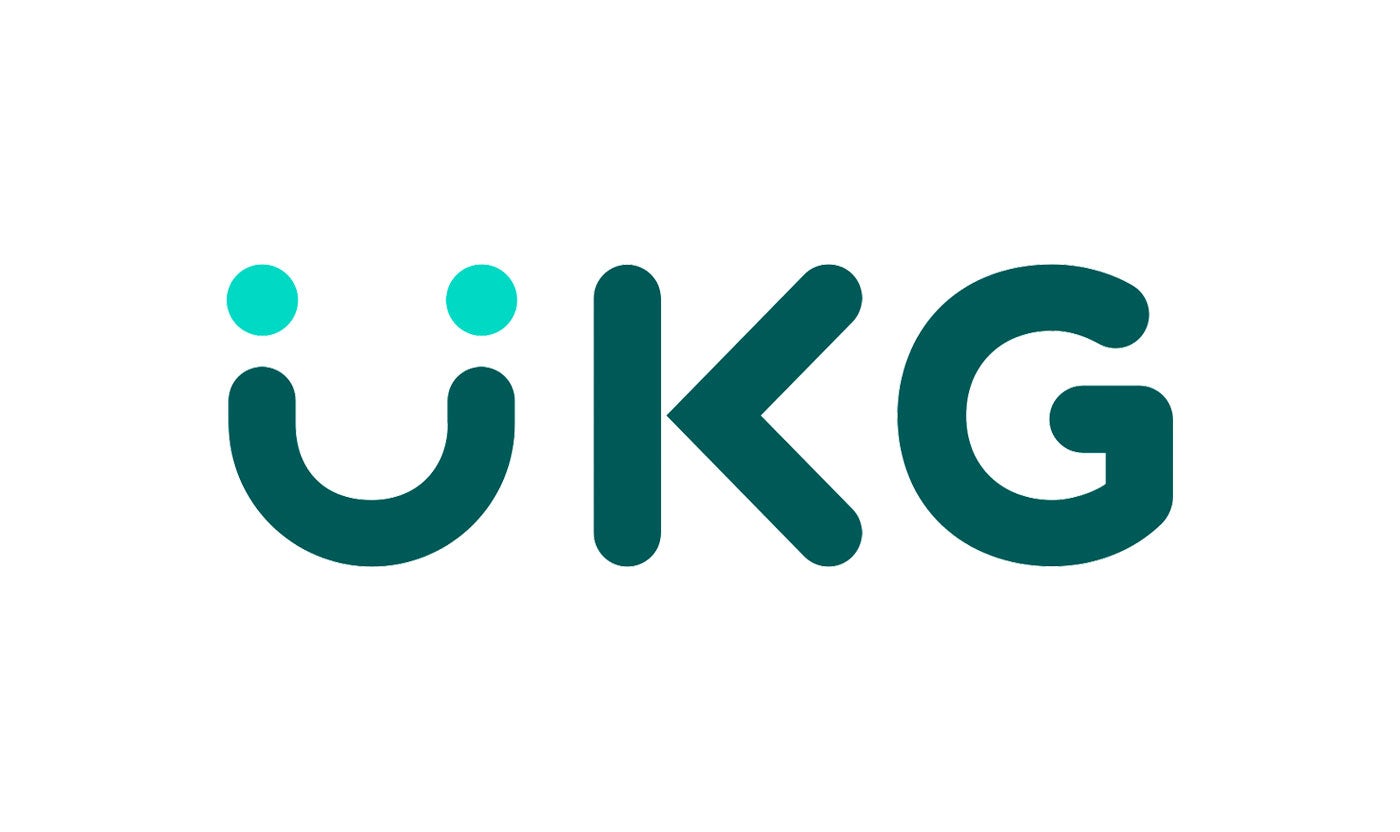
Our partnership with Ultimate Kronos Group (UKG) supports the entire talent lifecycle by bringing frictionless recruiting solutions to UKG Pro Onboarding.

Preparing staff to interview job candidates can be like trying to teach someone to speak a new language. What comes naturally to talent professionals immersed in the hiring culture day in and day out, might seem utterly foreign to say, a marketing specialist or a retail store manager. It would be like trying out your rusty high school French on a trip to Paris versus living in the 16th Arrondissement.
Looping team members into the interview process allows them to assess their potential new coworkers for themselves. You want to ensure that there’s buy-in on the candidates you’re bringing forward and that the new hire’s manager and teammates are excited about the new addition.
To that end, staff members would benefit from an interview training program to give them pointers on questions to ask and things to look for throughout the conversation. It’s also an opportunity to put down boundaries and ensure that no one on the team goes rogue and asks unlawful or potentially discriminatory questions.
You can empower your teams and hiring managers to look beyond education, experience, and hard skills like coding or cash management, for candidates‘ human factors or “soft skills“ like creativity and concentration. These personality traits or social skills are what make us human and are much harder to quantify on paper. Soft skills that work for one team might not gel with another, which is why it‘s important to bring potential coworkers into the interview process.
Identifying soft skills helps employers anticipate how well the candidate will fit in a team and the company, gauge performance potential, and determine what kinds of personal and professional development they might need.
Evaluating for qualities like attitude, empathy, and curiosity is more than just making sure your candidate is a nice person. Ultimately, you want to bring in someone whose personality traits complement the team and the organization. One study showed that 89% of new hires who fail within the first 18 months of a new job do so because of poorly aligned motivation or personality.
“Often the best predictors of future job success are the hardest to measure,” Joe Essenfeld, vice president of business architecture at iCIMS, told Fast Company. “On paper, job candidates do—and should—list relevant past experience, technical, and hard skills that level up nicely to the position they want. But what most candidates overlook is the need to outline soft skills and how they ladder up to future success in the position.”
To avoid the disconnect, interviewers can leverage interview questions that evaluate soft skills. Soft skills reveal people, social, and communication skills, along with character or personality traits, attitudes, and mindsets.
As part of your interview training program, you can supply staff with a list of possible questions to pose to a candidate to help assess for soft skills, including:
Looking to shake up that list of stale interview questions? Download The 100 best interview questions (and how to get the best answers from candidates), which will help identify top candidates’ soft skills and features the most original interview questions from HR professionals.
Now that you have some of the top interview questions, how can technology help assess soft skills in candidates?
As offices begin to reopen and employees and employers alike figure out how to best navigate this new world of work, one thing remains clear: video interviews are here to stay. LinkedIn reported that video interviews are the new standard, according to 70% of talent professionals.
In our survey, 92% of job seekers told us that they prefer pre-recorded video interviews, citing convenience as their top reason. Here’s what else they told us:
Video interview software allows candidates to shine beyond their resumes. It’s hard for job seekers to get a sense of your company if all they see is a job description. The same is true for resumes, only in reverse; it’s hard to know who you’re hiring based on an 8×10 PDF, size 11 font, single-spaced. Seeing a candidate on video provides insight into soft skills like their communication style, how well they prepare, and their ability to think critically. Best of all, using video keeps things easy and can help keep candidates engaged since 60% of them drop out of a selection process that they feel is too long or complicated.
Up your organization’s video game. Download our Guide to Evaluating Talent Through Video to learn more.





